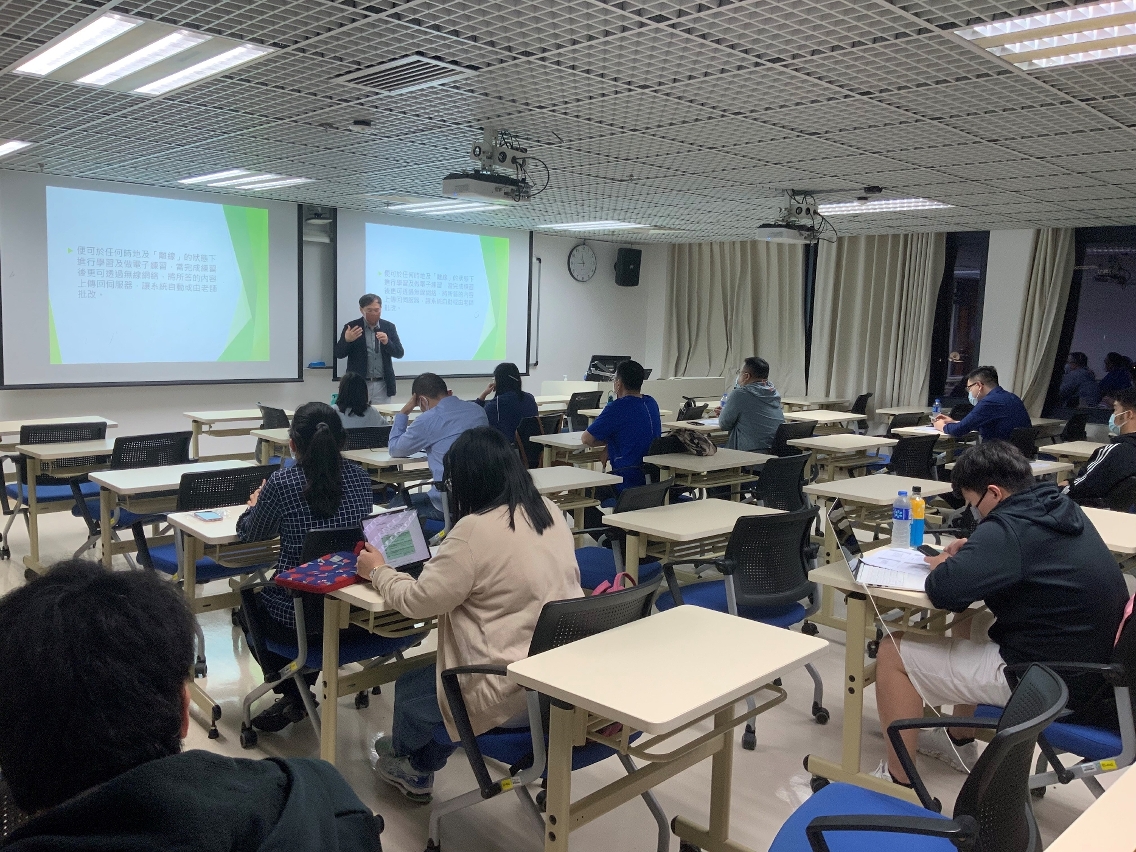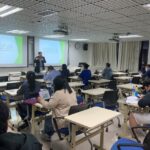 UM’s Centre for Continuing Education and the Labour Affairs Bureau jointly offer a certificate course for construction safety supervisors
UM’s Centre for Continuing Education and the Labour Affairs Bureau jointly offer a certificate course for construction safety supervisors
To meet the industry’s demand for construction safety supervisors, the Centre for Continuing Education of the University of Macau (UM) and the Labour Affairs Bureau of the Macao SAR government have jointly offered four intakes of the certificate course for construction safety supervisors in the past year. Launched in 2005, the course has been held for 61 intakes, with a total of 1,911 participants completing the course.
The course consists of 150 hours of study and covers four major topics, namely ‘Occupational Safety’, ‘Occupational Health’, ‘Safety Management’, and ‘Occupational Safety and Health Legislation and Site Inspections’. It aims to equip participants with relevant professional knowledge and enable them to assist their employers to self-regulate occupational safety and health, thereby fostering the safety culture and raising the level of occupational safety of workers in the construction industry. Participants who complete the course and pass the assessment will receive a certificate jointly issued by UM and the Labour Affairs Bureau. In the past year, four intakes of the course have been held, and 108 participants were awarded the certificate.
In addition, in accordance with the Macao SAR government’s Law No. 2/2023 on occupational health and safety in the construction industry, UM and the Labour Affairs Bureau will jointly launch a course for construction safety officers in 2023, aiming to improve the standard of occupational safety and health and reduce the number of work accidents. The new course is planned to start in mid-September.


